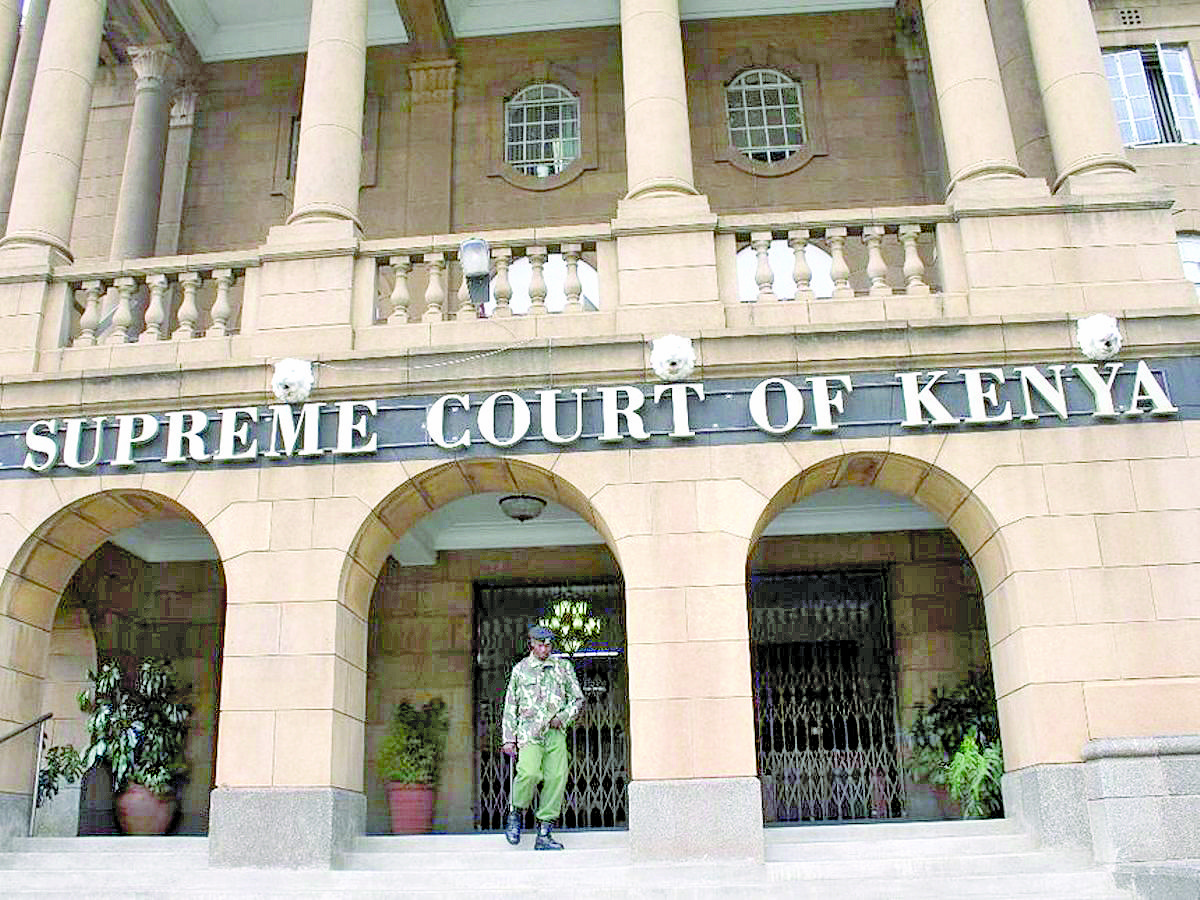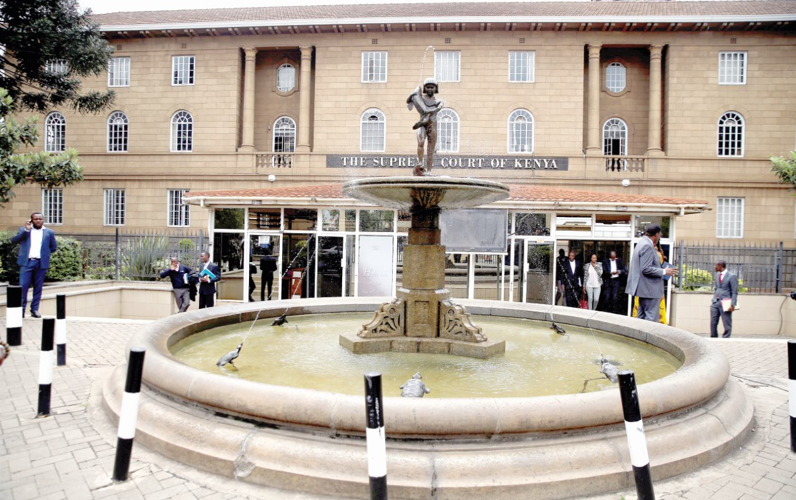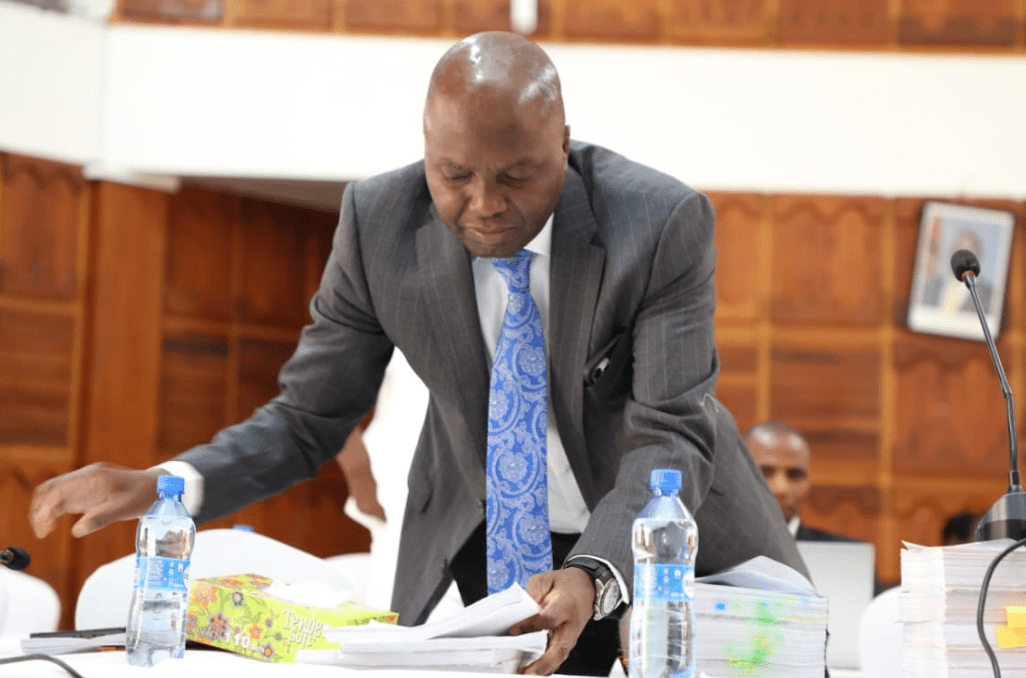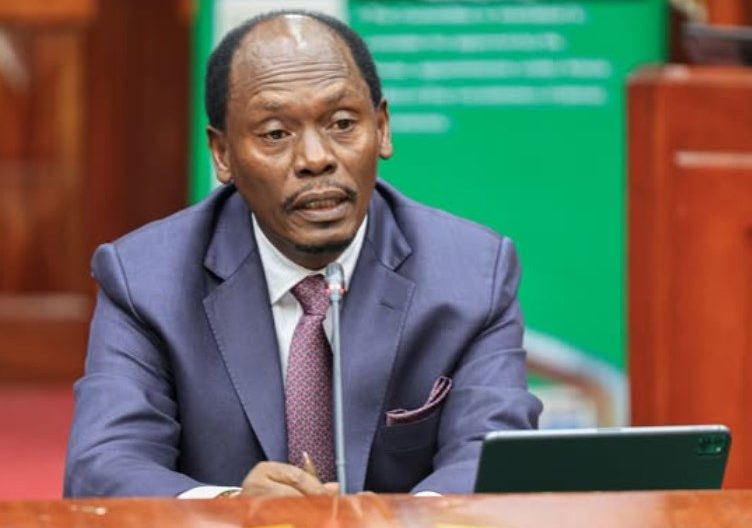Supreme Court reverses Court of Appeal ruling on Finance Act 2023

The Supreme Court of Kenya has set aside the Court of Appeal’s finding that declared the entire Finance Act 2023 unconstitutional.
The Court of Appeal had declared the Finance Act 2023 null and void after petitioners argued that certain sections of the Act introduced after the public participation phase failed to meet constitutional requirements for public engagement.
However, in a ruling delivered by the Apex Court on Tuesday, October 29, 2024, the finding was shelved, handing a reprieve to the Kenya Kwanza administration.
“We hereby set aside the Court of Appeal’s finding declaring the entire Finance Act, 2023, unconstitutional,” the Supreme Court ruled.

In the petition filed at the Supreme Court, sponsors of the application had also challenged the legality of the highest court in the land to hear the matter. In the ruling, the Apex Court indicated that it has the jurisdiction to hear the matter.
“The preliminary objection on this Court’s jurisdiction is overruled,” the ruling shared by the Judiciary Kenya read in part.
Upheld rulings
In their verdict, the Supreme Court upheld two decisions that were rendered by the Court of Appeal relating to the Affordable Housing Levy and the Kenya Roads Act.
“We uphold the following findings by the Court of Appeal: that the question relating to Section 84 (Affordable Housing Levy) introduced by the Finance Act, 2023, before the Court of Appeal was moot.
“That Sections 76 and 78 of the Act amending Section 7 of the Kenya Roads Act, 1999, and Section 87 of the Act amending Section 28 of the Unclaimed Financial Assets Act, 2011 are unconstitutional as they were neither incidental nor directly connected to a money bill,” the Apex Court ruled.
In the Court of Appeal, 21 sections of the Act introduced by the National Assembly post the public participation phase were deemed unconstitutional for want of fresh public participation and having been enacted in violation of the Constitution.

However, the Court of Appeal declined to grant prayers for a refund of taxes collected under the said provisions, having not been sought before the High Court.
“The enactment of the Act violated various provisions of the Constitution and the Public Finance and Management Act (PFM Act) on the budget-making process, thus rendering the Act fundamentally flawed and void; the court found that Parliament is obligated to provide reasons for adopting or rejecting any proposals received from members of the public during the public participation process,” the Court of Appeal detailed in its findings before the government appealed the case at the Supreme Court.
Recommendations
After rendering the verdict, the Supreme Court gave out three recommendations to ensure the question of public participation is answered during the public participation phase.
“Parliament to put in place a legislative framework through statute for public participation as anticipated under Article 118(1)(b) of the Constitution.
“Parliament to establish measures to ensure that all versions of a bill, at every stage of the lawmaking process, are accessible to the public for their information and scrutiny.
“As a matter of good practice, Parliament should put in place reasonable measures for considering the proposals, views, suggestions, and comments received during the public participation exercise,” the recommendations read.













